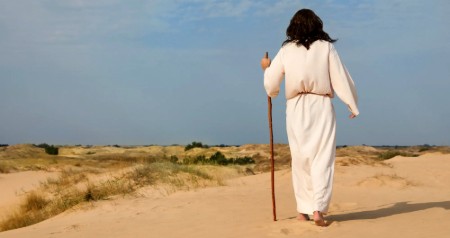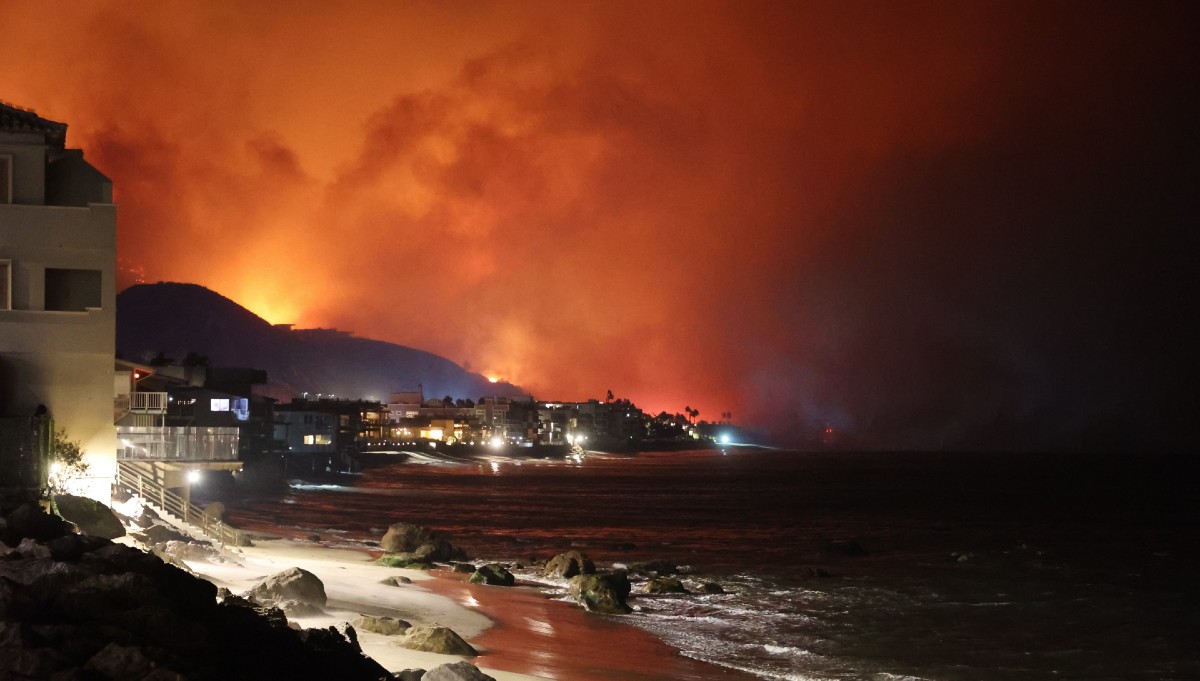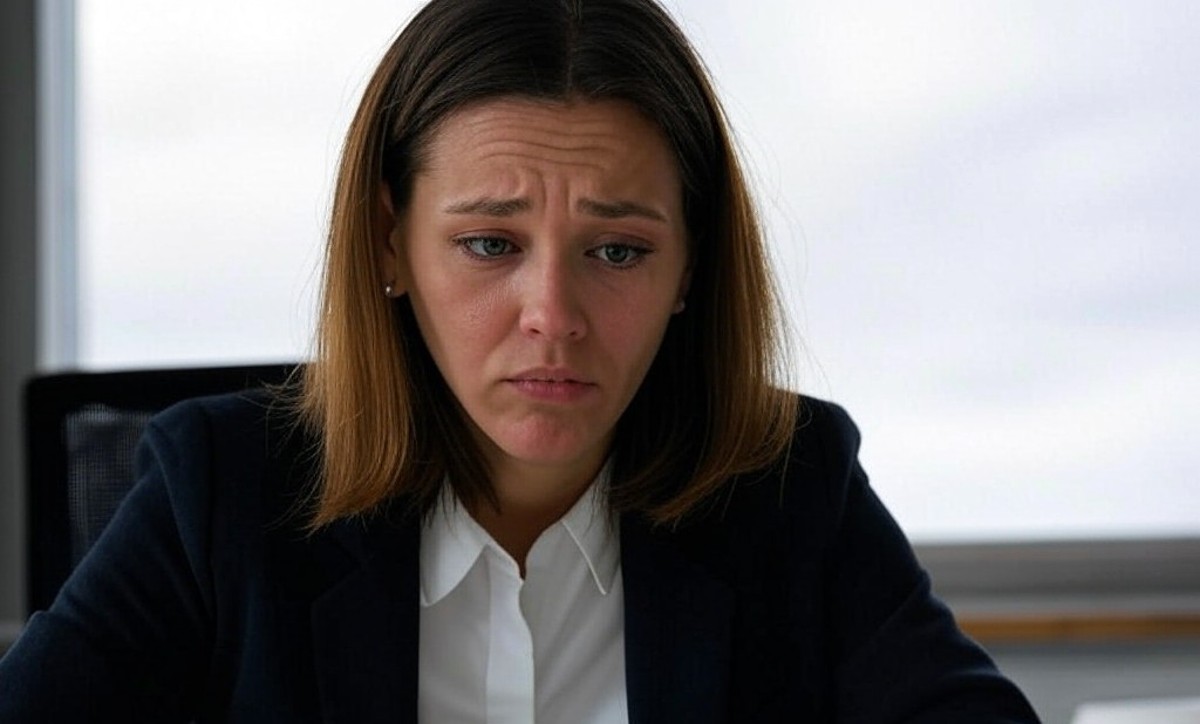 Dear readers, Catholic Online was de-platformed by Shopify for our pro-life beliefs. They shut down our Catholic Online, Catholic Online School, Prayer Candles, and Catholic Online Learning Resources—essential faith tools serving over 1.4 million students and millions of families worldwide. Our founders, now in their 70's, just gave their entire life savings to protect this mission. But fewer than 2% of readers donate. If everyone gave just $5, the cost of a coffee, we could rebuild stronger and keep Catholic education free for all. Stand with us in faith. Thank you. Help Now >
Dear readers, Catholic Online was de-platformed by Shopify for our pro-life beliefs. They shut down our Catholic Online, Catholic Online School, Prayer Candles, and Catholic Online Learning Resources—essential faith tools serving over 1.4 million students and millions of families worldwide. Our founders, now in their 70's, just gave their entire life savings to protect this mission. But fewer than 2% of readers donate. If everyone gave just $5, the cost of a coffee, we could rebuild stronger and keep Catholic education free for all. Stand with us in faith. Thank you. Help Now >
Cardinal Burke Says Theologians' Mandatum Should Be Required by Colleges, Disclosed to Students
FREE Catholic Classes
"The Catholic university will want that all its teachers of theology or the theological disciplines have a mandate and will not retain the professor in teaching Catholic theology or the theological disciplines who does not have a mandate, because to do so would be to call into question the whole raison d'etre of the university."
Highlights
Cardinal Newman Society (www.cardinalnewmansociety.org/)
7/25/2012 (1 decade ago)
Published in College & University
Keywords: Mandate, orthodoxy, theology, Catholic Colleges, catholic Universities, Cardinal Burke, Vatican, Cardinal newman Society
P>MANASSAS, Va. (Cardinal Newman Society) - Catholic families have a right to know which theology professors have the mandatum, and Catholic colleges and universities should require it as a condition for employment, affirmed the Vatican's chief judge Cardinal Raymond Burke in a new report prompted by recent concerns from Pope Benedict XVI.
Cardinal Burke and several bishops, canon law experts, and theologians discussed the mandatum with The Cardinal Newman Society in an online report published today. It can be read here.
The report, titled "A Mandate for Fidelity," follows upon a May 5th address by Pope Benedict to several American bishops during their ad limina visit to Rome. The Pope expressed concern that "much remains to be done" toward the renewal of Catholic identity in U.S. Catholic colleges and universities, "especially in such areas as compliance with the mandate laid down in Canon 812 for those who teach theological disciplines."
He cited "the confusion created by instances of apparent dissidence between some representatives of Catholic institutions and the Church's pastoral leadership."
Canon 812 of the Catholic Church's canon law states, "Those who teach theological disciplines in any institutes of higher studies whatsoever must have a mandate from the competent ecclesiastical authority."
As implemented by the U.S. bishops, a theology professor requests a "mandate" (commonly identified by the Latin mandatum) from the bishop presiding over the diocese where the theologian is employed. The professor commits, in writing, "to teach authentic Catholic doctrine and to refrain from putting forth as Catholic teaching anything contrary to the Church's Magisterium," according to U.S. guidelines.
But in the United States, many Catholic colleges and universities have not required theology professors to have the mandatum, or even to disclose to students and their families which professors have the bishop's recognition. The 1990s saw vigorous opposition to the mandatum by some theologians and the Association of Catholic Colleges and Universities, but the controversy has since cooled down, largely because in practice the mandatum has not had much relevance to students and college leaders.
Now Pope Benedict's concern about a lack of "compliance" with Canon 812 renews questions about Catholic colleges and universities' obligations relative to the mandatum. The Cardinal Newman Society asked several experts including Cardinal Burke, archbishop emeritus of St. Louis and prefect of the Supreme Tribunal of the Apostolic Signatura, the Vatican's highest canon law court, to explain what canon law requires.
Citing Pope Benedict's description of the mandatum as "a tangible expression of ecclesial communion and solidarity," Cardinal Burke said:
"It's tangible in the sense that it's a public declaration, in writing, on the part of the ecclesiastical authority that a theologian is teaching in communion with the Church, and people have a right to know that so that if you, for instance, are at a Catholic university or parents are sending their children to the Catholic university, they know that the professors who are teaching theological disciplines at the university are teaching in communion with the Church. They are assured in that by the public declaration of the diocesan bishop."
"The fact that I teach in accord with the Magisterium is a public factor," added Cardinal Burke. "That's not some private, secret thing between myself and the Lord."
Father Thomas Weinandy, OFM Cap., executive director of the Secretariat for Doctrine and Pastoral Practices of the U.S. Conference of Catholic Bishops, told The Cardinal Newman Society that theology professors ought to be proud of receiving the mandatum, which is an honor "recognizing that theologians have a true vocation in the Church."
"I wouldn't know why you wouldn't want it to be public. The whole point is public recognition that somebody is truly a Catholic theologian. I don't know why you would want to keep that hidden when the Church is bestowing the mandatum to recognize that somebody is truly a Catholic theologian."
Asked whether only theology professors with the mandatum should be employed at a Catholic college or university, Cardinal Burke responded "yes" and added:
".[T]he Catholic university will want that all its teachers of theology or the theological disciplines have a mandate and will not, of course, retain the professor in teaching Catholic theology or the theological disciplines who does not have a mandate, because to do so would be to call into question the whole raison d'etre of the university. If a Catholic university doesn't distinguish itself for its care, that those who are teaching theology and the other theological disciplines are doing so in communion with the Magisterium, what reason does it have to exist?"
In preparing the report, The Cardinal Newman Society consulted many other experts in theology and canon law, including Archbishop Emeritus Elden Curtiss of Omaha, Bishop Emeritus Joseph Martino of Scranton, Gregorian University canonist Fr. James Conn, SJ, canonist Robert Flummerfelt, and theologians Msgr. Stuart Swetland of Mount St. Mary's University, Fr. Edward O'Connor, CSC, of the University of Notre Dame, Fr. Matthew Lamb of Ave Maria University, Brian Benestad of the University of Scranton, Larry Chapp of DeSales University, Mark Lowery and Christopher Malloy of the University of Dallas, and Dennis Martin of Loyola University Chicago.
---
The Cardinal Newman Society is dedicated to renewing and strengthening Catholic identity at America's 224 Catholic colleges and universities.This article is used with permission.
Join the Movement
When you sign up below, you don't just join an email list - you're joining an entire movement for Free world class Catholic education.
-

-
Mysteries of the Rosary
-
St. Faustina Kowalska
-
Litany of the Blessed Virgin Mary
-
Saint of the Day for Wednesday, Oct 4th, 2023
-
Popular Saints
-
St. Francis of Assisi
-
Bible
-
Female / Women Saints
-
7 Morning Prayers you need to get your day started with God
-
Litany of the Blessed Virgin Mary
Introducing "Journey with the Messiah" - A Revolutionary Way to Experience the Bible
-

Catholic Response to Devastating Los Angeles Wildfires
-

Federal Court Blocks Biden Administration's Gender Identity Rule
-
A Future for Life: Introducing the Winners of the Priests for Life Pro-Life Essay Contest
-
Reflections on Pope Francis' 2025 World Day of Peace message
Daily Catholic
 Daily Readings for Friday, January 10, 2025
Daily Readings for Friday, January 10, 2025 St. William of Bourges: Saint of the Day for Friday, January 10, 2025
St. William of Bourges: Saint of the Day for Friday, January 10, 2025 Prayer for a Blessing on the New Year: Prayer of the Day for Tuesday, December 31, 2024
Prayer for a Blessing on the New Year: Prayer of the Day for Tuesday, December 31, 2024- Daily Readings for Thursday, January 09, 2025
- St. Adrian, Abbot: Saint of the Day for Thursday, January 09, 2025
- St. Theresa of the Child Jesus: Prayer of the Day for Monday, December 30, 2024
![]()
Copyright 2024 Catholic Online. All materials contained on this site, whether written, audible or visual are the exclusive property of Catholic Online and are protected under U.S. and International copyright laws, © Copyright 2024 Catholic Online. Any unauthorized use, without prior written consent of Catholic Online is strictly forbidden and prohibited.
Catholic Online is a Project of Your Catholic Voice Foundation, a Not-for-Profit Corporation. Your Catholic Voice Foundation has been granted a recognition of tax exemption under Section 501(c)(3) of the Internal Revenue Code. Federal Tax Identification Number: 81-0596847. Your gift is tax-deductible as allowed by law.






 Daily Readings for Friday, January 10, 2025
Daily Readings for Friday, January 10, 2025 St. William of Bourges: Saint of the Day for Friday, January 10, 2025
St. William of Bourges: Saint of the Day for Friday, January 10, 2025 Prayer for a Blessing on the New Year: Prayer of the Day for Tuesday, December 31, 2024
Prayer for a Blessing on the New Year: Prayer of the Day for Tuesday, December 31, 2024

